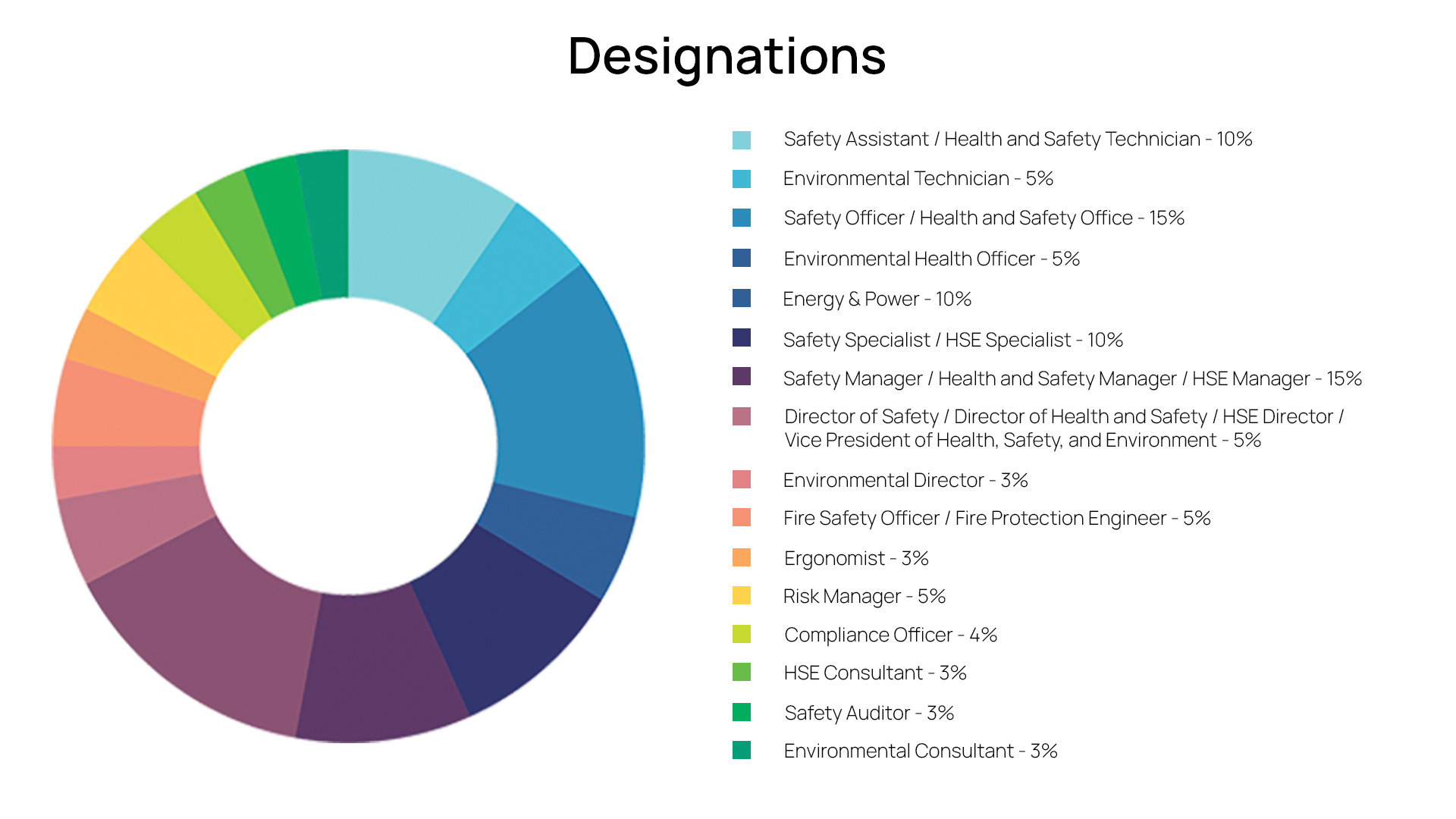Description
Course Overview
- •The ” Graduate Honor in Environment & Sustainability Engineering ” program is designed to provide comprehensive knowledge and practical skills in the field of environmental engineering.
- •The curriculum covers fundamental principles of environmental science, engineering, and technology.
- •Students delve into subjects such as air and water quality management, waste treatment and disposal, environmental impact assessment, pollution control technologies, and ecological restoration.
- •The program offers advanced courses in specialized areas such as environmental modeling, environmental risk assessment, sustainable development, climate change mitigation, and green engineering practices.
- •Students learn to collaborate across disciplines such as civil engineering, chemical engineering, biology, and ecology to develop holistic solutions to environmental issues.
- •Those with a background in environmental science or related disciplines who want to learn more about engineering concepts and tools used in environmental management and protection.
- •Professionals interested in advancing their careers in environmental engineering are currently employed as scientists, engineers, or other professionals in government agencies, non-profit organizations, or industry sectors.
- •People with various educational backgrounds are intensely interested in environmental concerns and want to pursue careers in environmental engineering.
- •Candidates must have passed their diploma exam, equivalent to a Level-6 credential or any other certification in a relevant field.
- •This certification must be earned from an accredited board with a minimum score of 50 %.
- •Candidates must also have at least four years of experience in occupational health and safety to be eligible for admission to the program.
- •The Semester Exam is an online written test that takes 4.30 hours to complete.
- •The exam’s 50 objective and 50 descriptive sections are covered in this time range.
- •The report should be 2000 words in length and filed within 60 days of the written examination date.
This course boasts prestigious accreditations and memberships, reflecting its global recognition and high standards:
- Accreditations:
- •Full Accreditation from the British Accreditation Council (BAC – UK)
- •Full Accreditation from the International Association for Quality Assurance in Pre-Tertiary and Higher Education (QAHE – USA)
- •Approved Learning Partner of the International Board of Safety Professionals (IBSP – UK)
- Course Accreditations:
- •Accredited by the International Institute of Risk & Safety Management (IIRSM – UK)
- International Institutional Memberships:
- •British Safety Council (BSC – UK)
- •The Royal Society for the Prevention of Accidents (RoSPA – UK)
- •Institute of Engineers India (IEI)
- •National Safety Council India (NSCI)

- • Principles of Environmental Science & Technology
- • Environmental Chemistry and Microbiology
- • Geoinformatics
- • Statistics for Environmental Engineers
- • Environmental Conservation and Hazard Management
- • Environmental Microbiology
- • Environment, Health and Safety in Industries
- • Environmental Quality Monitoring
- • Climate change and Adaptation
- • Environmental Risk Assessment and Management
- • Biodiversity and Ecosystem Services
- • Environmental Costs of Energy Production Tropical Ecology and Conservation
- • Environmental Law
- • Analysis of Environmental Data
- • Tropical Ecology and Conservation
- • Remote Sensing and GIS Applications in Environmental Management
- • Marine pollution and Control
- • Solid and Hazardous waste Management
- • Environmental Engineering Process
Testimonials
Student Community Feedback
I have been learning from more than three months and also completed my first semester exam. The online teaching arrangement is good, valuable inputs are also available from various students on the questionnaire in the discussion forum, I found it really good learning experience …

Shashi Kumaran
HSE Manager, Khansaheb sykes,
UAE
My experience with KEN Institute has been so wonderful and skilful journey. I achieved my HSE level 6 qualification within stipulated timeframe. There online classes are taught with experts and well experienced lecturers. They assisted me all the way through my course. I’m glad that I choose KEN.

Ramadhan Barisa
Mechanical Supervisor,
Trilogistic W.L.L, Qatar
The course delivery is exceptionally well done with the session being so interactive with the faculty and other learners always available through the discussion, which makes it easier to learn and share experiences. The course is exactly what I was looking for. Thanks to Ken Institute .

Kumbulani Mahaule
HSE Officer,
Botswana
I definitely would recommend KEN Institute of Executive Learning and would encourage students to study hard and inform themselves as much as possible about the several academic opportunities the Institution offers. This Institute takes the educational mission to heart, here you will find people…

El-Majid Swaleh
HSE Practitioner,
DR Congo
My experience with Ken institute has been a very good one. The administrators have been really helpful from first enquiry all through enrollment and the teachers are resourceful and knowledgeable. I have no complaints about my experience so far. Thank you Ken institute.

Luswata David
Technician Phone solutions,
Uganda
Read More Testimonies








